Hey devs, today I want to share a list of books that I used when I first started my programming journey. These books cover design patterns, Java, C#, and JavaScript. These books are very beginner-friendly and super easy to comprehend. I’ll describe each one and explain how it helped me improve my skills, moving from beginner-friendly to more advanced... Let’s get started!
My personal book list
1. JavaScript Absolute Beginner's Guide by Kirupa Chinnathambi
This book was a textbook that my college required me to get, and I loved it.
I can’t even express how much fun this book is! The author did an excellent job explaining JavaScript concepts and tricks. It is very easy to read and extremely beginner-friendly.
It works for absolute beginners. When I read the book, I already had some experience with JavaScript, but the book made everything much clearer for me and helped put it all in order in my head.
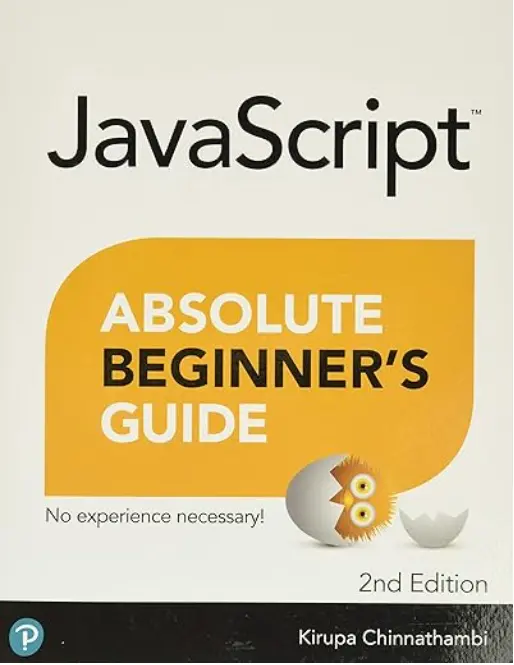
So, if you have recently started your journey with JavaScript, this book is exactly what you need. Author also has a source code for exersices from his book.
I’m going to leave you some helpful links in case you want to get the book. Unfortunately, I couldn’t find a free PDF, so I’m sharing the Amazon link to get the book.
Purchase paperback or Kindle:
Author’s Playground Repository (source code):
2. Head First Java: A Brain-Friendly Guide - O’Reilly
This book is another favorite of mine. Even in college, when I learned Java, my textbooks were nowhere near as clear as this one. I was browsing for an interesting and fun book to learn Java without falling asleep while reading, and here it is. The book uses a lot of images and explains concepts in a very easy and accessible way.
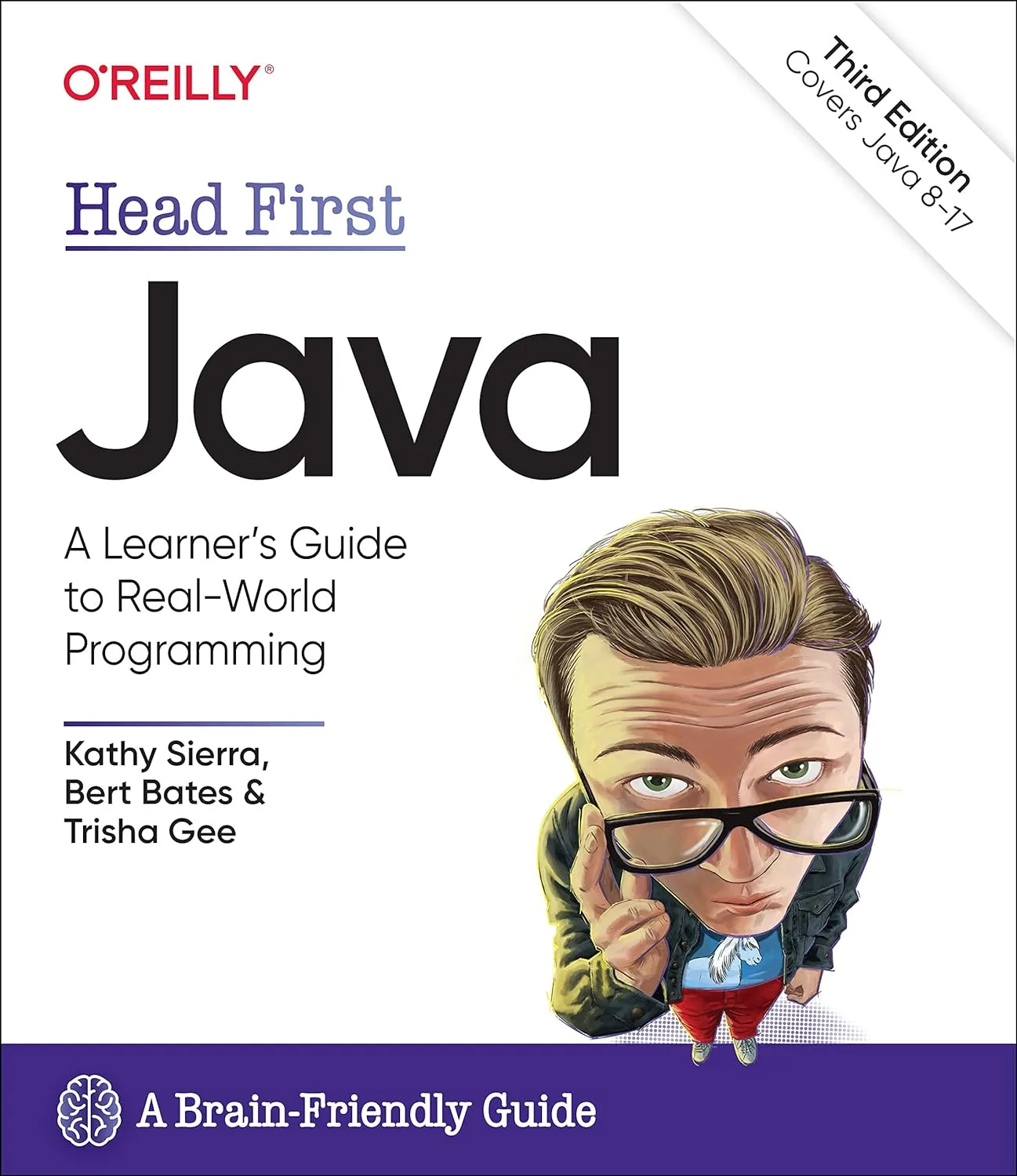
It does not cover the web part of Java (no frameworks), but it teaches the basic foundations, data types, data structures, generics, garbage collection, and the most important concept — OOP, or object-oriented programming. This book provides a good introduction to OOP, and if you are looking to learn Java, this is the best place to start. You will not get bored or tired of this book. I should admit that I skipped some chapters, since Java Swing is not that popular for UI, but the other concepts were extremely helpful.
Again, I am going to share the link for paper back, and a free version of the book, that I found on the internet, it is 2nd edition (a bit older), but for starter it might work:
Purchase paperback or Kindle:
Free 2nd edition from Archive (PDF):
3. Head First Design Patterns: A Brain-Friendly Guide - O’Reilly
Another book from the same publishing house, O’Reilly. I want to talk more about this one because it covers a slightly more advanced topic: design patterns. I would say this book truly gave me a boost in understanding programming and how it works. Object-oriented programming (OOP) started to make much more sense after reading it.
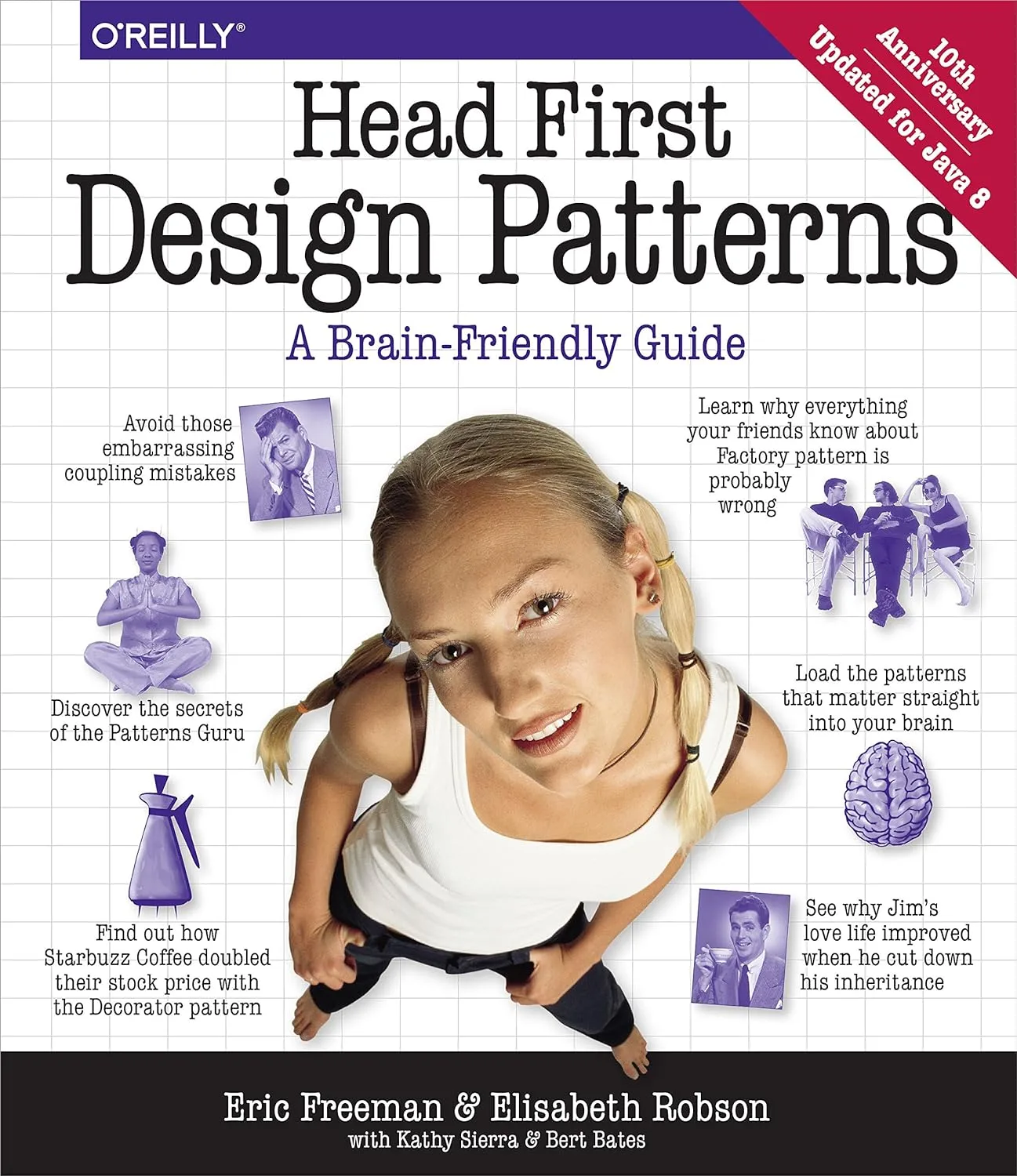
The book guides us through various design patterns and provides plenty of examples. I especially love their references to ducks. You will learn not only about Singleton and Factory patterns but also many other new patterns that can help you stand out from the crowd of other developers.
The book is still easy to read, but sometimes you may need to pause a bit to fully grasp what’s going on. I honestly believe this book played a big role in helping me land a job because everything just clicked. I was able to explain how things work, which is rare for junior developers and fresh graduates.
This is definitely a great book to get familiar with design patterns. However, you should already know some OOP concepts and have experience with languages like C# or Java to fully understand the ideas explained in the book.
Dropping the link for paper back, and a free older version of the book:
Purchase paperback or Kindle:
Free edition from GitHub:
4. Grokking Algorithms by by Aditya Bhargava
This book is even more advanced than the previous ones, but it’s still beginner-friendly. It has plenty of pictures and clear explanations. I used this book when I wanted to refresh my knowledge of data structures and algorithms, and it does that very well.
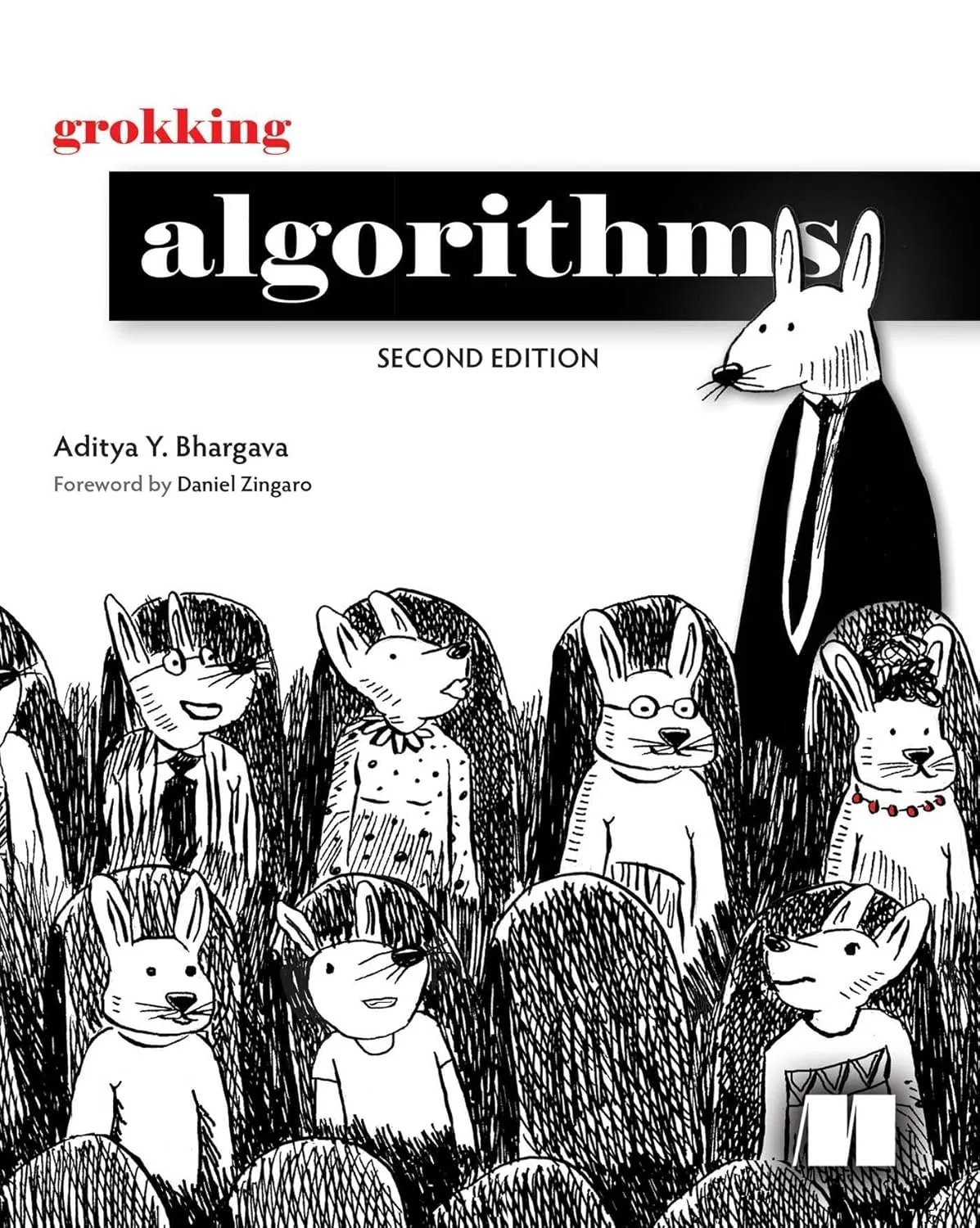
It doesn’t go too deep but covers enough of the most common DS and algorithms you might encounter on LeetCode. I would definitely recommend this book for beginners. The way the author talks about data structures feels much less intimidating, haha. We all know algorithms can be very frustrating, so this book is a great starting point for exploring data structures.
Purchase paperback or Kindle:
5. Cracking the Coding Interview: 189 Programming Questions and Solutions
This book was once considered the Holy Bible for people who wanted to land a job at one of the FAANG companies. It might not hold that same status anymore, but it still has many valuable sections especially on behavioral interviews. I’ve had experience talking to candidates, and some of them struggle with proper storytelling or using the STAR method. This book does a great job explaining how to approach this type of interview.
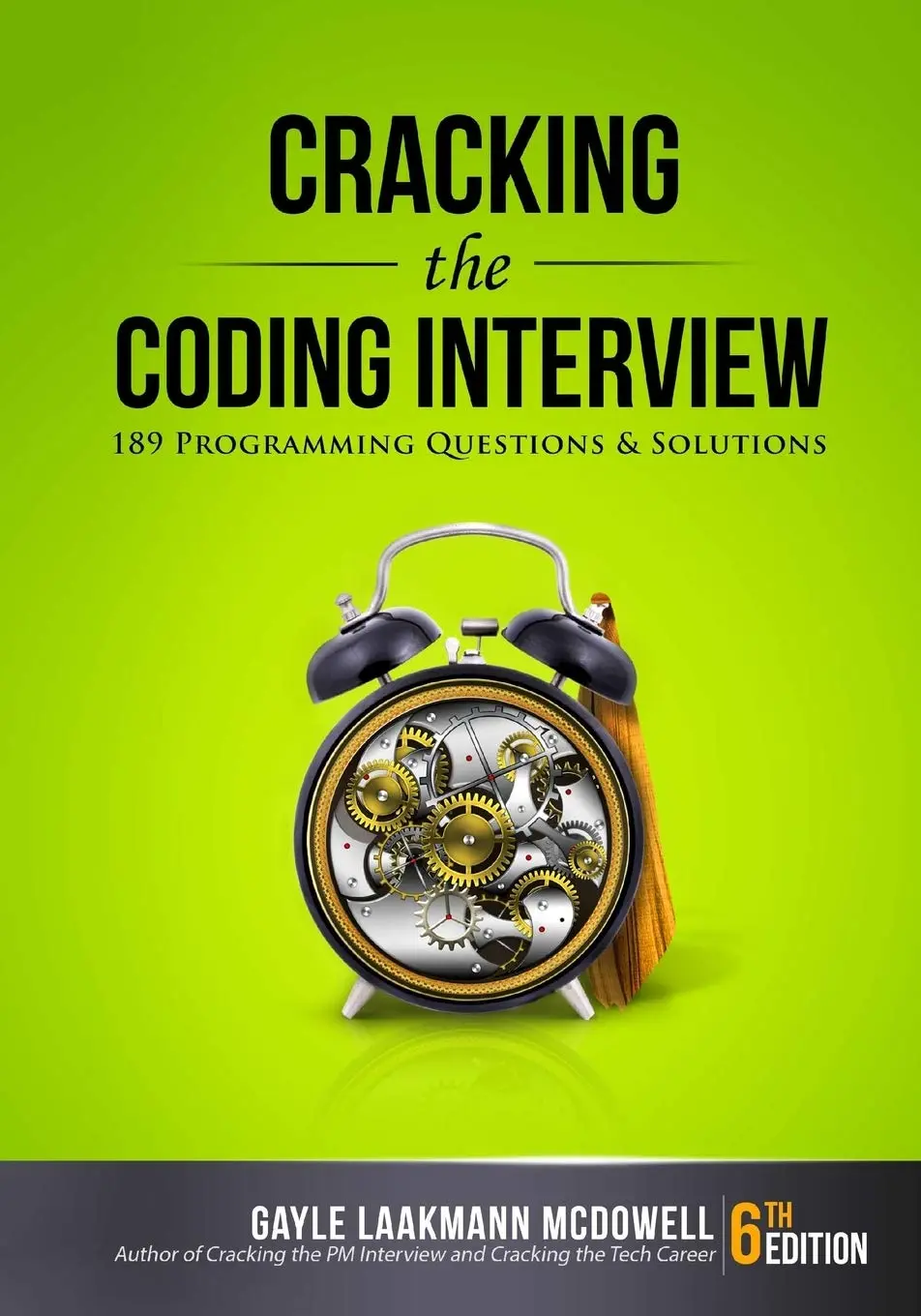
Also, this book is a great source of potential interview questions, so definitely check it out.
Leaving a free PDF and an Amazon link here in case you prefer the paperback version.
Purchase paperback or Kindle:
Free edition from GitHub:
To summarize my list no matter how many books you read, the best way to learn programming is by actually programming. Reading alone won’t replace practice, but it can make learning so much easier, especially when we’re talking about more serious topics than just language syntax.
So definitely check out these books, and if you get a chance to read them, let me know what you think — or share your own book recommendations with me!
Before I let you go, I just want to remind you that I have a YouTube channel where I share hands-on tutorials that can help you learn even more effectively.
Good luck and Happy Coding!
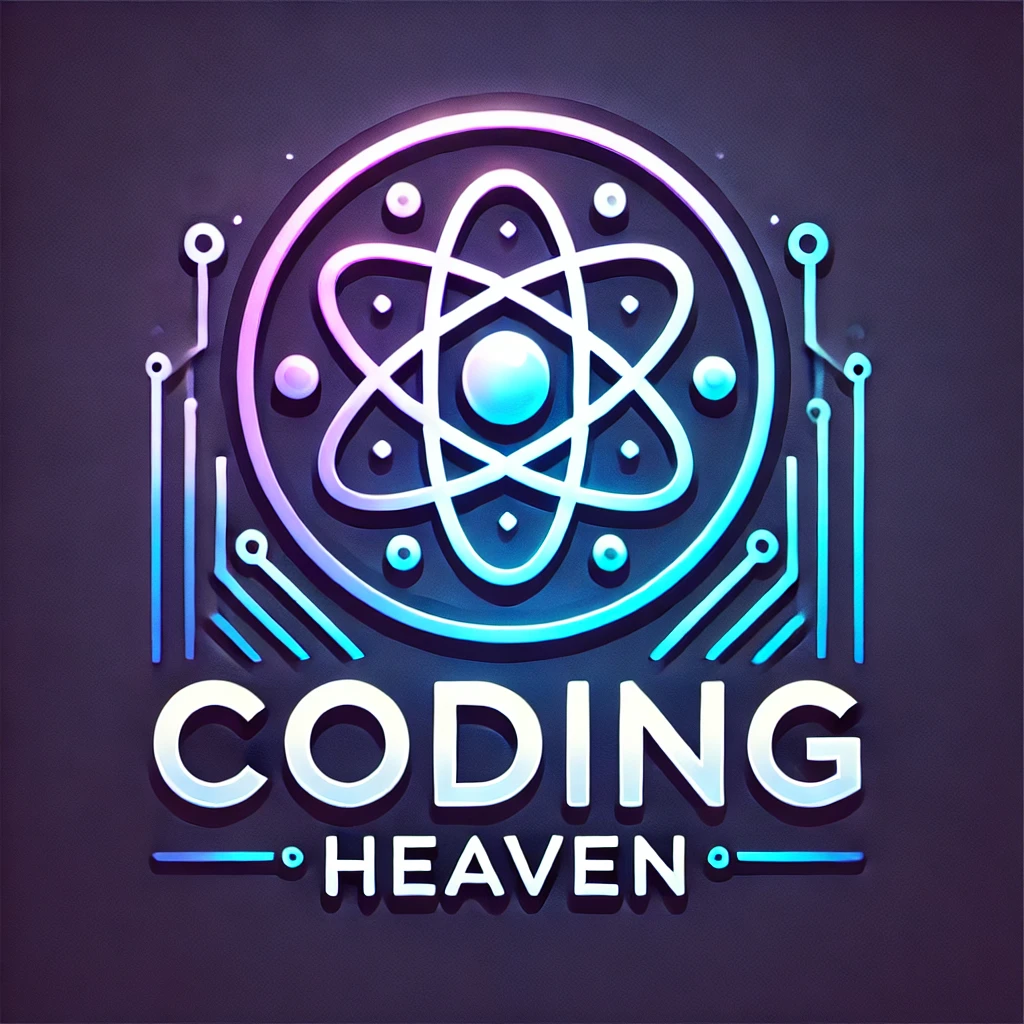

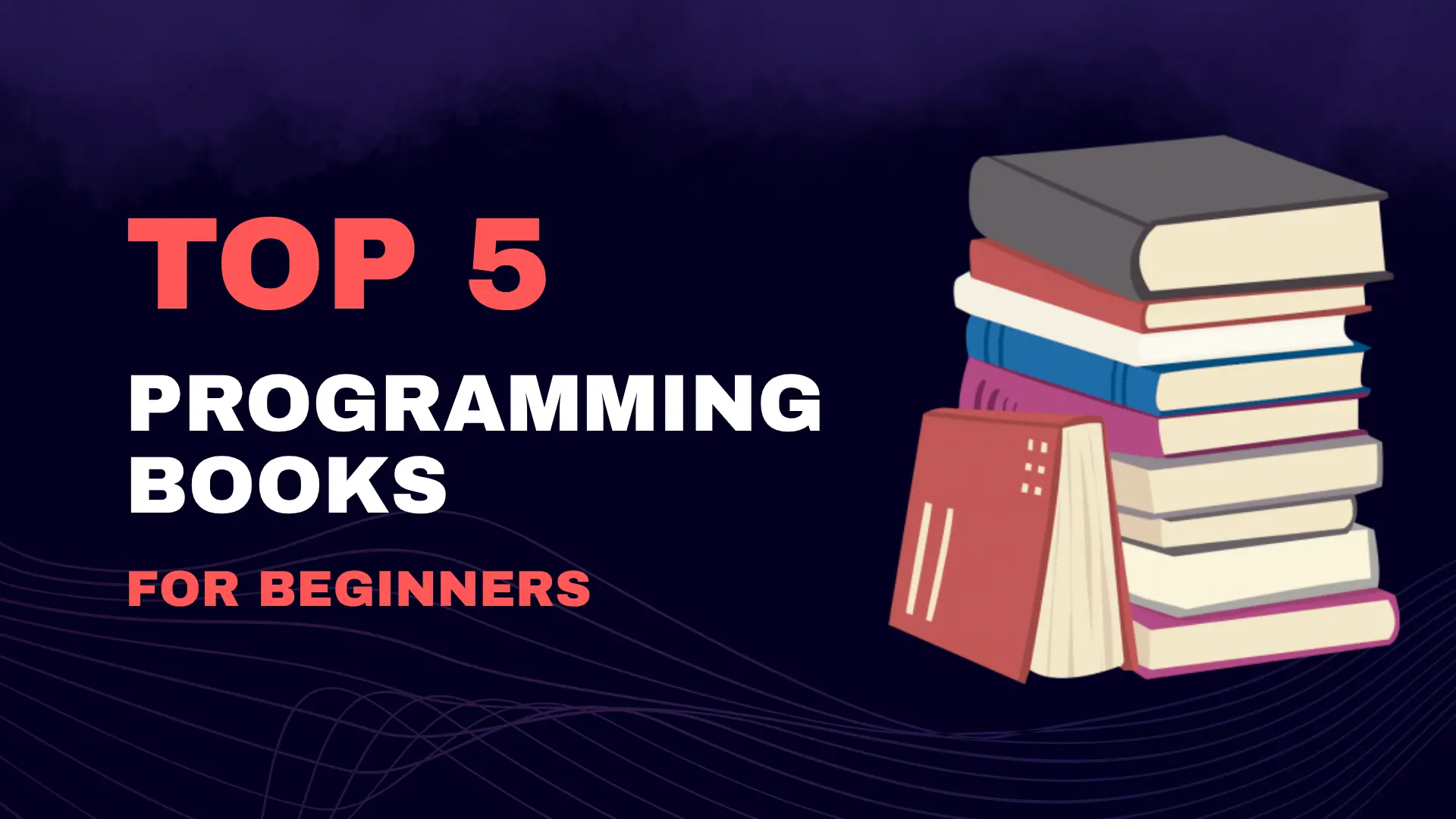
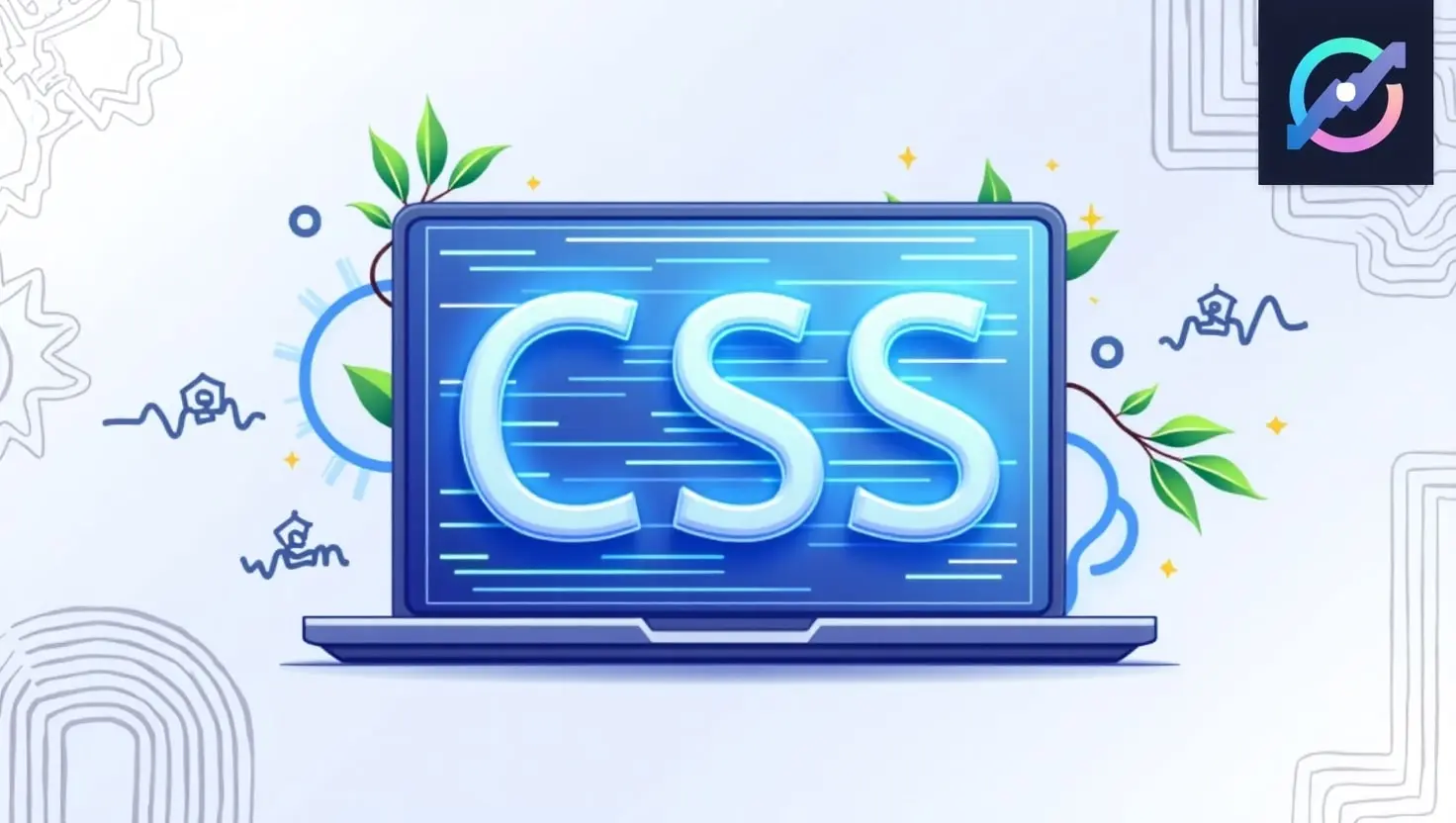
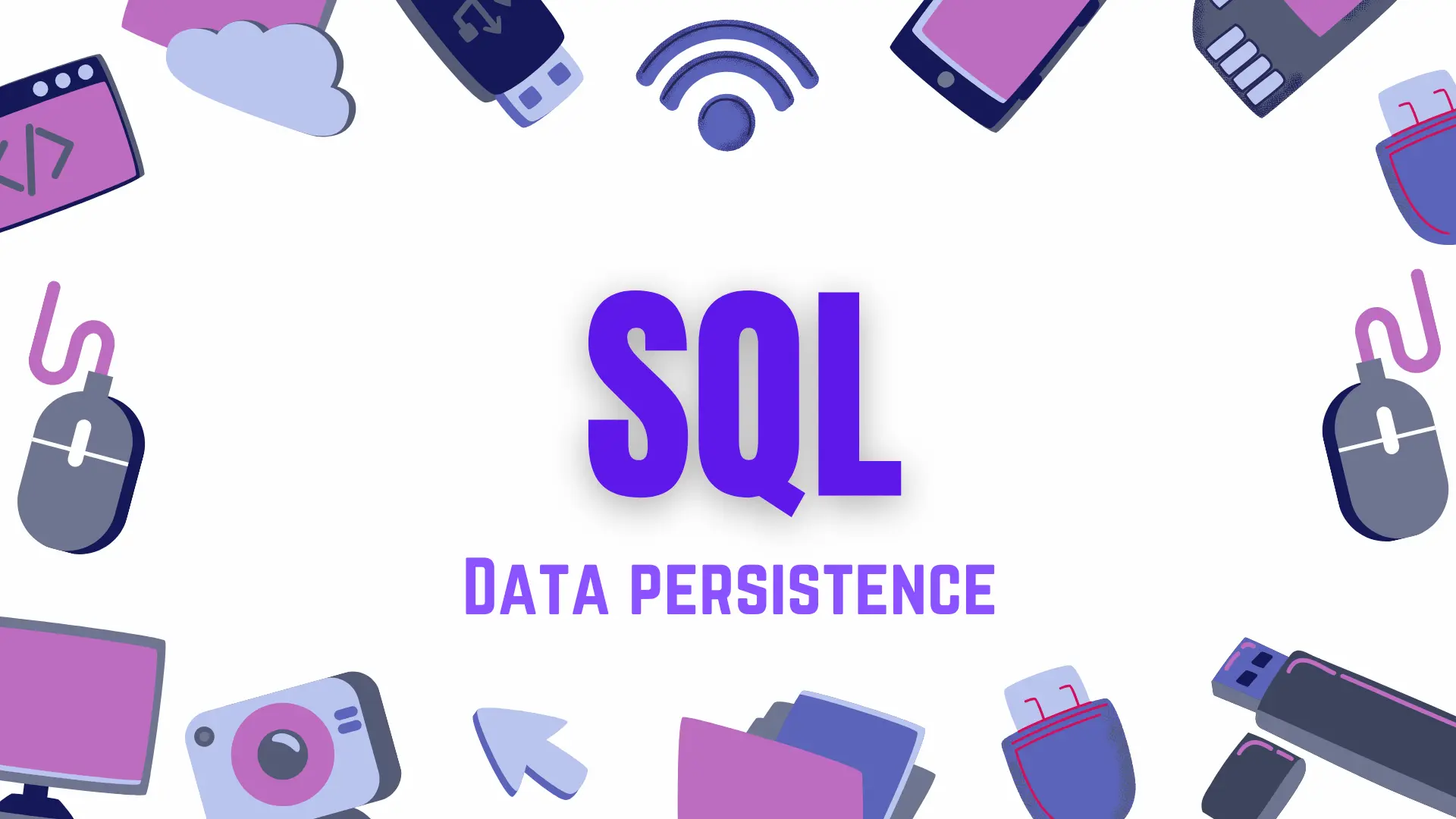
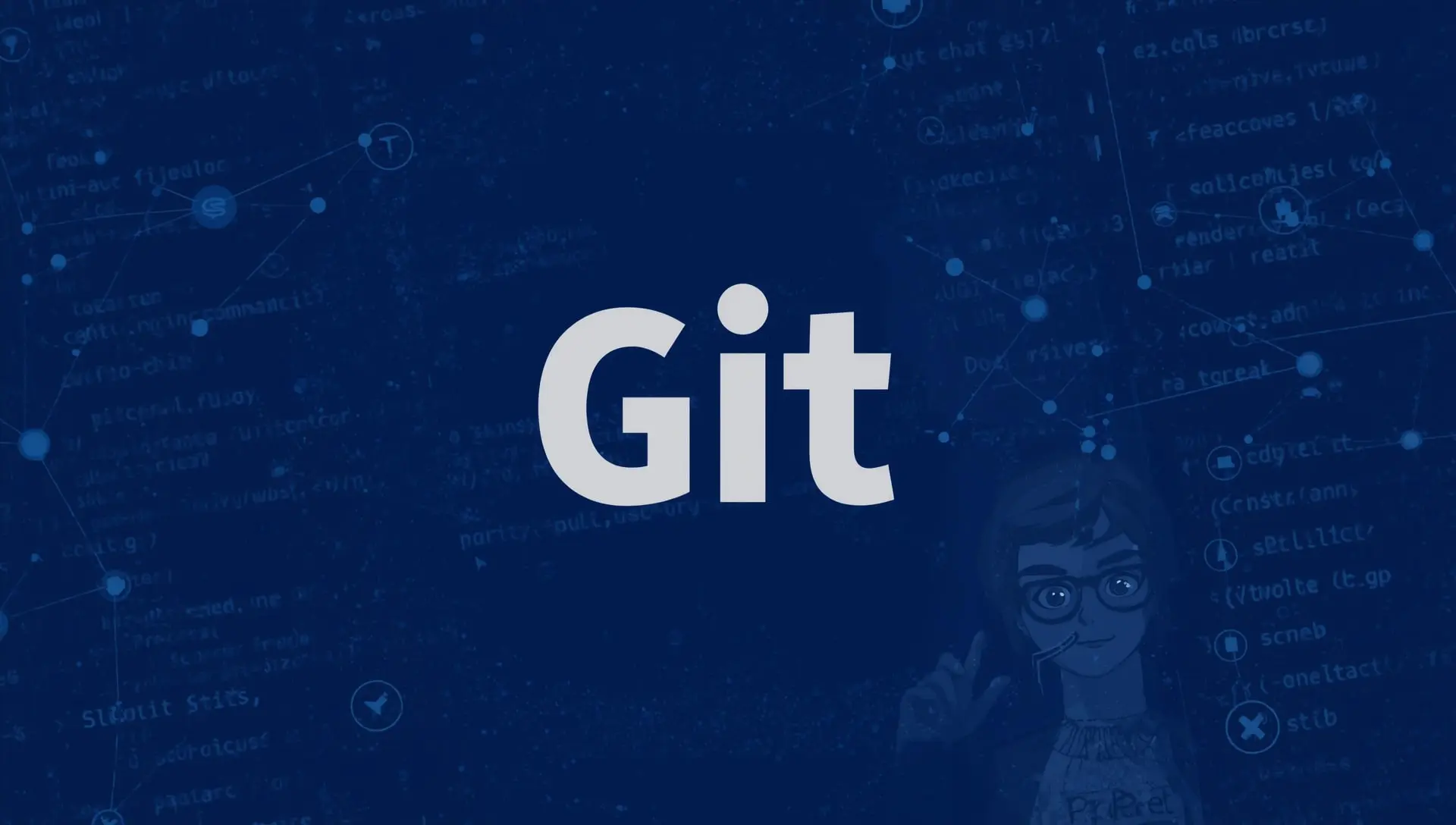
Comments